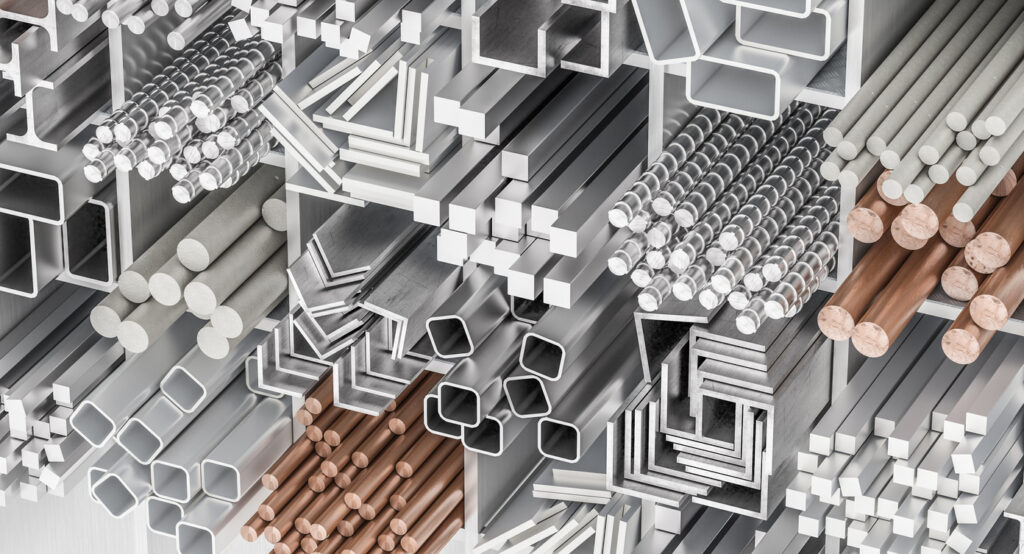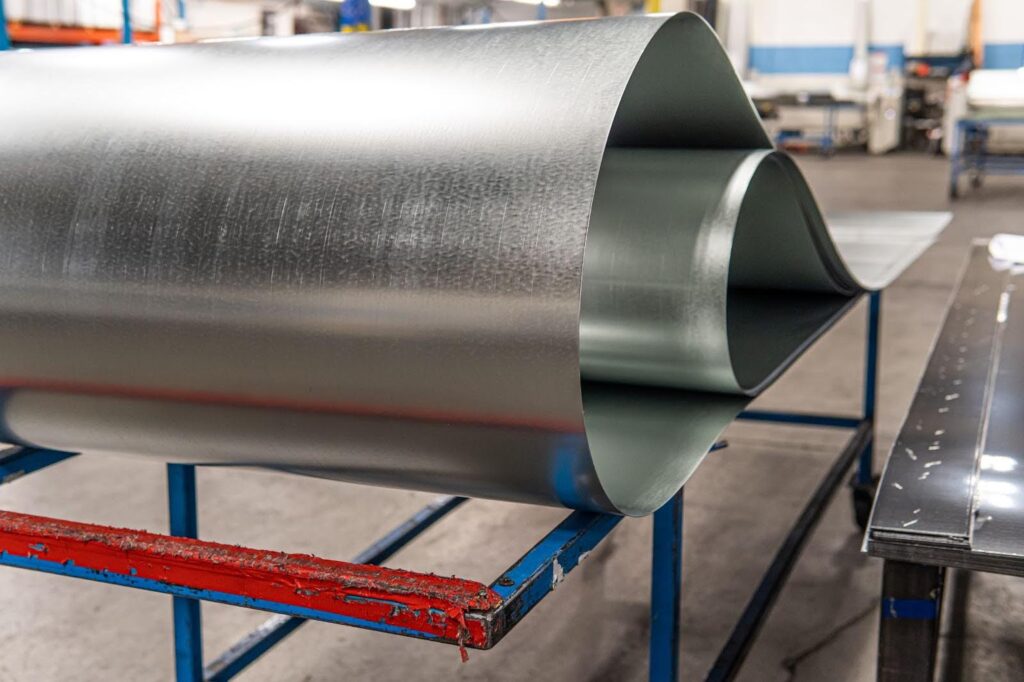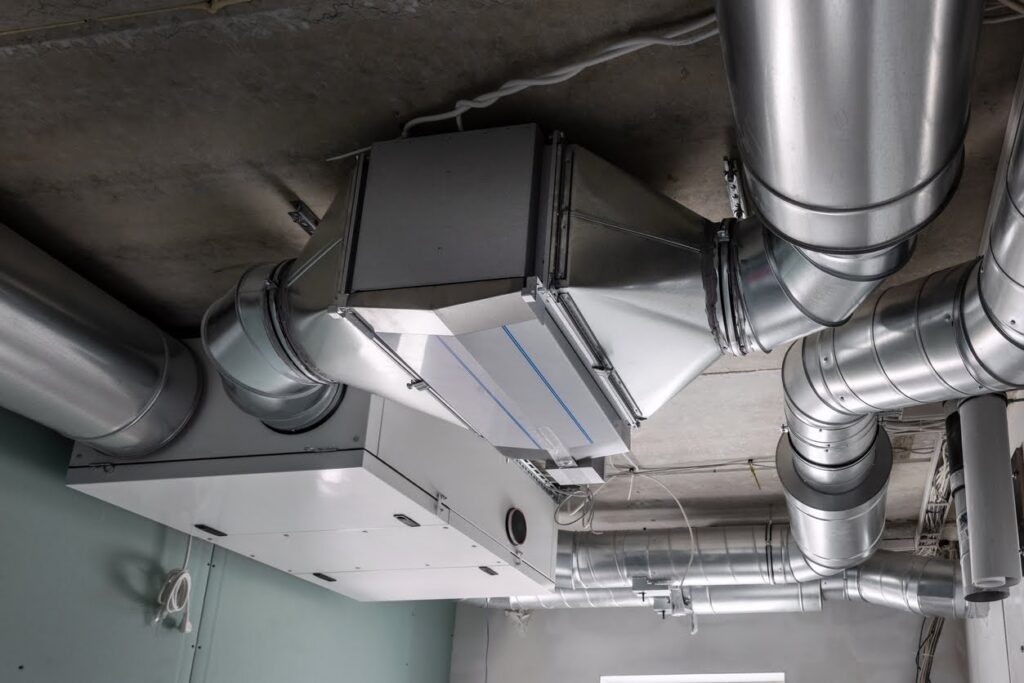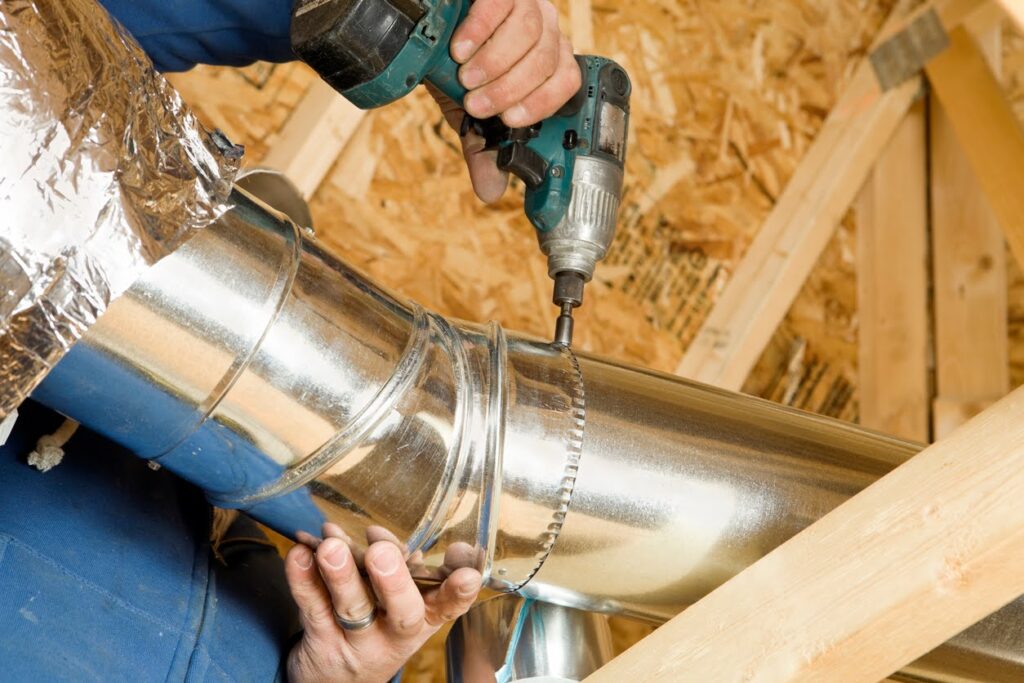Sheet metal fabrication, employed across industries like construction and automotive, transforms flat metal sheets into desired shapes through cutting, bending, and assembling. The success of any fabrication project rests on selecting the appropriate sheet metal alloy, which is why working with a sheet metal fabricator requires a solid understanding of the materials involved to ensure project success. The choice of alloy significantly influences outcomes, balancing durability and cost-effectiveness. Before working with sheet metal fabricators, familiarity with these alloys is key to achieving top-notch results. This guide takes a look at the diverse landscape of sheet metal alloys, empowering clients to make informed decisions tailored to their specific project needs.
Key Considerations When Working With Alloys
1. Material Strength and Durability
The strength and durability of the chosen alloy are paramount in sheet metal fabrication. Different projects require varying strength levels, and selecting an alloy with the right tensile strength ensures structural integrity. Stainless steel, known for corrosion resistance, and aluminum, prized for its lightweight yet durable properties, are common choices.
2. Corrosion Resistance
In environments exposed to harsh conditions or corrosive substances, the corrosion resistance of the chosen sheet metal alloy is crucial. Again, stainless steel stands out as the leading choice for any application requiring a high degree of corrosion resistance, due to the presence of chromium in the metal, which forms a protective oxide layer on the surface. This oxide layer acts as a barrier, preventing further corrosion and enhancing the material’s durability.
3. Formability and Ductility
The ease of manipulating an alloy during fabrication depends on its formability and ductility. Aluminum, with excellent formability, allows for intricate designs and shapes. Clients benefit from understanding the balance between formability and strength to achieve desired project outcomes.
4. Cost Considerations
Choosing the right alloy involves balancing performance with affordability. Clients should evaluate project requirements and budget constraints to choose the most cost-effective alloy for their unique needs.
Popular Sheet Metal Alloys in Fabrication
1. Stainless Steel
Celebrated for resistance to corrosion, high strength, and aesthetic appeal, stainless steel finds applications in architectural projects, kitchen appliances, and automotive components.
2. Aluminum
Aluminum’s lightweight nature, corrosion resistance, and excellent conductivity make it a favored choice in industries ranging from aircraft components to consumer electronics.
3. Carbon Steel
Known for affordability and strength, carbon steel is widely used in structural applications. Proper coatings can enhance its longevity, making it suitable for various projects.
Tailoring Solutions to Your Project
Client success lies in tailoring material choices to project-specific requirements. Considerations include the operating environment, desired aesthetic, and budget constraints. Understanding the nuances of different sheet metal alloys and considering project-specific needs elevates fabrication outcomes. One of the best ways to ensure the success of your sheet metal fabrication project? Working with an experienced and reputable sheet metal fabricator like Avon Lake Sheet Metal.
As a family-owned business with over 60 years of service in Cleveland and the surrounding area, Avon Lake Sheet Metal takes pride in our legacy, serving a wide range of clients in various industries ranging from automotive to material handling. We ensure the highest quality through rigorous standards in our union shop in Cleveland, OH. Get a quote on your next project today!



